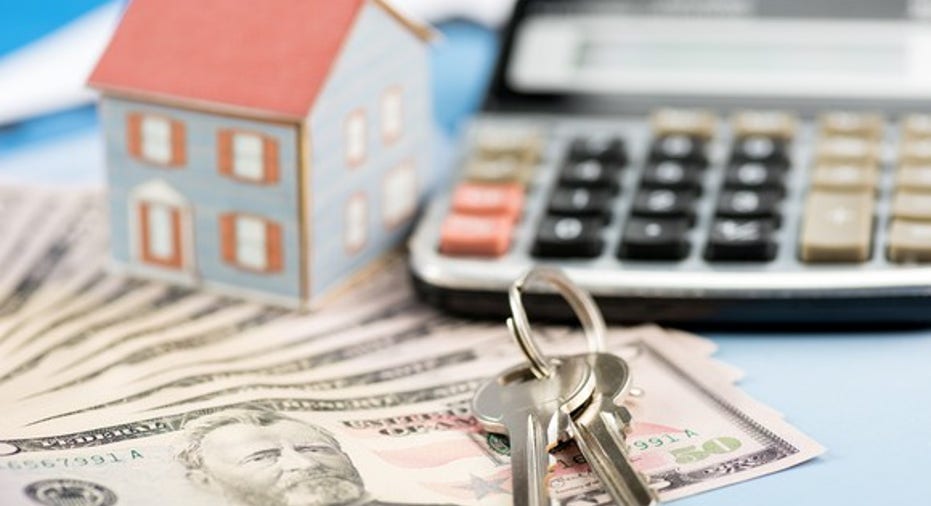What seniors should know about reverse mortgages

Forget downsizing or migrating to warmer weather, an overwhelming number (83 percent) of pre retirees and retirees today say they want to remain in their homes for as long as possible, according to a new survey from The American College of Financial Services.
For seniors on a fixed income, a reverse mortgage can be a new source of retirement income and allow you to remain in your home for as long as you live. The survey also found seven in 10 seniors do not understand reverse mortgages.
Meghan Keller, reverse mortgage consultant at American Financing sat down with FOX Business to discuss the pros and cons of a reverse mortgage and what you need to know.
Boomer: What is a reverse mortgage and how can I determine if this is right for me?
Keller: Unlike a conventional mortgage, FHA or VA loan, a reverse mortgage — also known as a Home Equity Conversion Mortgage, or HECM — is a negatively amortizing product through which a homeowner "converts" the equity in their home into an asset. In doing so, they can not only eliminate monthly mortgage payments but also take cash in either a lump sum or monthly.
Boomer: How is the amount you can borrow determined?
Keller: Reverse mortgages are based on the age of the borrower — only those 62 and older can apply, and the older you are, the more of your home's equity you can access to pay off other debts and improve cash flow. And while there's no perfect formula for determining how much you can get with a reverse mortgage, the rule of thumb is you're eligible to convert 50% of your available equity as a reverse mortgage. So, if you own a home valued at $400,000 with a $100,000 mortgage, you should be able to convert $150,000 as a reverse mortgage.
Boomer: What risks are involved if I take a reverse mortgage? When I die are my heirs entitled to any financial settlement from my home?
Keller: Neither the original borrowers or heirs will ever owe more on a reverse mortgage than the value of the mortgaged property. So, say after 20 years of a $150,000 reverse mortgage the amount owed on the house rises to $325,000, yet the property can only sell for $300,000. The remaining obligation is paid by the Federal Housing Authority since all reverse mortgages are FHA-backed. The cost of that insurance is added into the product on day one.
Boomer: What are the costs involved for a borrower when applying for a reverse mortgage?
Keller: Like any mortgage product, a reverse mortgage has closing costs. Always check the documents and know what you're paying for. In most cases, borrowers should expect to pay between $2,500 and $3,000, all of which can be rolled into the loan.
Boomer: How do interest rates impact a reverse mortgage loan?
Keller: Reverse mortgage interest rates tend to track LIBOR and adjust annually if you're on an adjustable product like a reverse mortgage that includes Home Equity Line of Credit for withdrawing funds. Otherwise, reverse mortgages can also be structured with a fixed rate. Fixed rates most recently were trending between 4.75% and 5%, and adjustable rates between 3.75% and 4.375%.



















